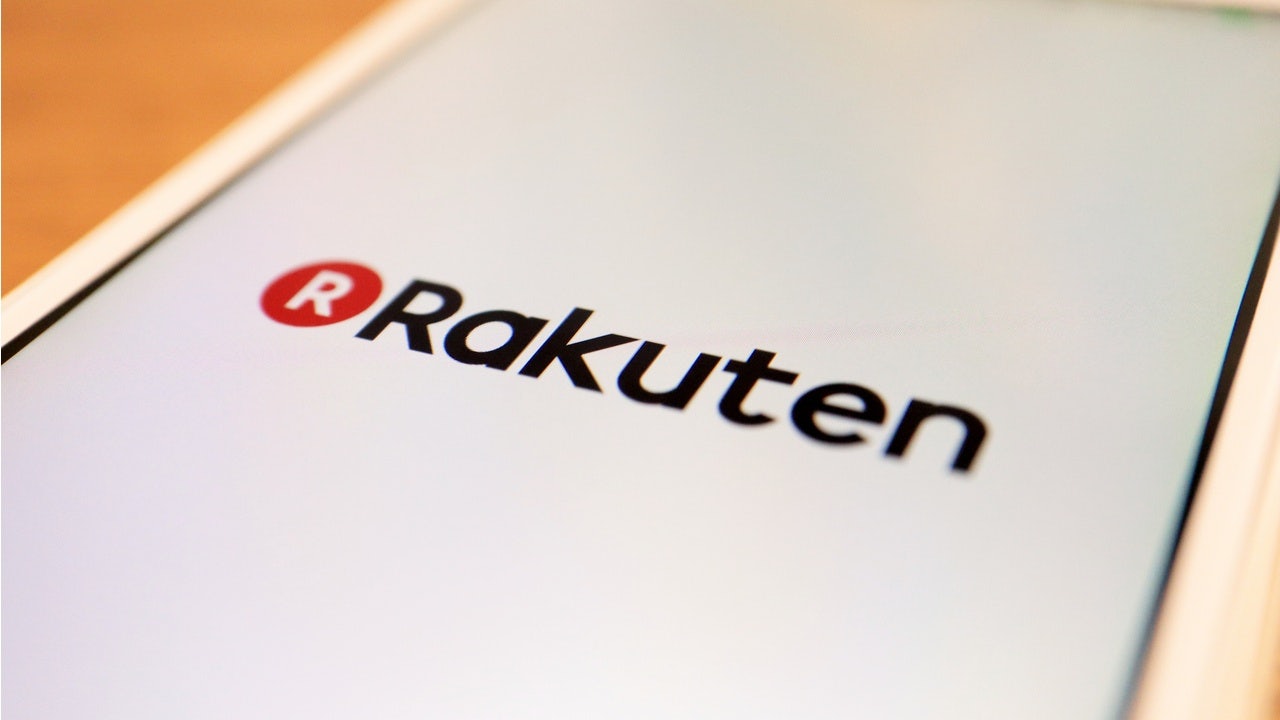Key Takeaways:#
Tencent will hold a 3.6 percent stake in Rakuten after the Japanese tech giant raises $2.2 billion via a new share sale.
The investment will give Rakuten another swing at the China market, after the company tried and failed to make inroads in the market nine years ago with its “Lekutian” platform.
Rakuten can now tap Tencent’s content-commerce prowess and use online video to drive consumers along the path to purchase.
Japanese tech giant Rakuten is best known for its e-commerce platform, but, like its counterparts in China, it also has expansive business interests ranging from video streaming to fintech. This week, the company, which faces challenges on its home turf in e-commerce from the likes of Amazon and Softbank, announced plans to raise $2.2 billion in a new share sale, with Japan Post gaining an 8.3 percent stake, Tencent holding 3.6 percent and Walmart 0.9 percent.
The sale will make Japan Post the second-largest shareholder of Rakuten, next to the founding Mikitani family, and the partnership between the two giants will have huge implications in terms of logistics and fintech, but it’s Tencent’s stake that is arguably more meaningful.
There are two key areas in which Tencent and Rakuten’s new relationship will be significant on the global level. First, it will give Rakuten another swing at the China market. The Japanese firm tried and failed nearly a decade ago with its “Lekutian” platform, launched in partnership with Baidu, and has since turned to selling products via JD.com, which is also backed by Tencent. Rakuten chairman and CEO Hiroshi Mikitani said in a statement that “the new potential for partnering with Tencent opens up a broad portfolio of opportunities, from digital entertainment, including online games, to e-commerce.”
Second, access to China through a fusion of content and commerce hints at the potential for collaboration and how it ultimately may succeed where Rakuten’s previous partnership with Baidu could not.
Rakuten has been focused on a very expensive (and moderately successful) global expansion effort through its “cash-back” e-commerce portal and Rakuten TV streaming platform, but has yet to tie the two together in a significant or innovative way. Now that it has an opportunity to leverage Tencent’s content-commerce prowess — taking China as a starting point, Rakuten could apply what it learns from one of the best in the business to its global plans.
Tencent, like competitor Alibaba and archrival Bytedance, has made it a priority to fuse video with e-commerce, and the impetus for this was accelerated during the Covid-19 pandemic. To keep up with the competition, Tencent has been forced to boost video and commerce on WeChat, adding video accounts, expanding e-commerce, and adding livestreaming features.
Tencent has also shown itself adept at creating or cultivating content trends in areas such as gaming (via its Tencent Games, Riot Games and its stake in Epic Games), and music, through Tencent Music Entertainment (TME), which is expanding globally at lightning speed, and idol competition shows on Tencent Video that mint new stars.
The content-commerce industry didn’t exist when Rakuten last aimed at China back in 2012. Now, nothing is stopping Rakuten and Tencent — two deep-pocketed content powerhouses — from teaming up on e-commerce-enabled programs using the “Fourtry” (潮流合伙人) model, perhaps with shows set in Japan (as the first season of “Fourtry” was) that highlight products from the country that can be seamlessly purchased while viewing, with both Rakuten and Tencent cashing in.
Another possible growth avenue for Rakuten comes by way of Bilibili, the massively popular platform beloved of China’s Gen Z, which also boasts Tencent as its second-biggest shareholder with an 18 percent stake. Were Rakuten to get more access to Bilibili’s 202 million monthly active users (MAUs), this partnership could end up being a true industry bellwether.

